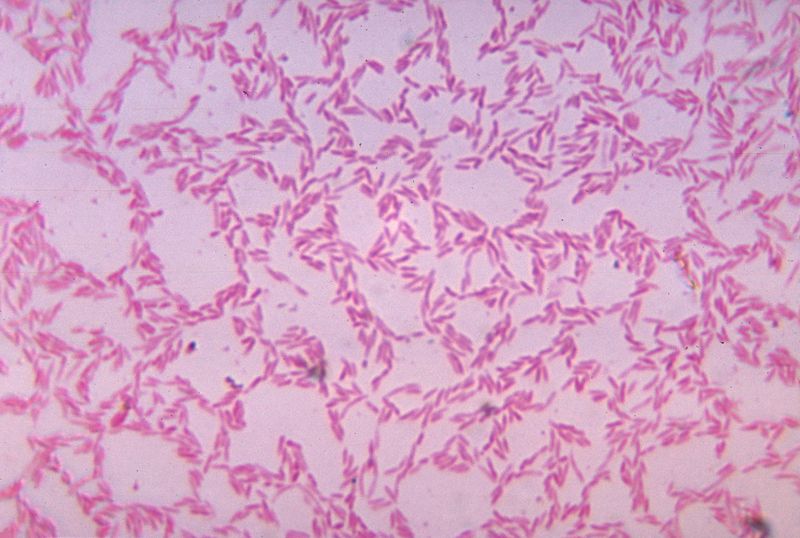Scientists have found convincing evidence for the basis of "good bacteria" and how they contribute to health. Caltech researcher Sarkis Masmanian and his colleagues, writing in this week's Nature, have shown that a common friendly gut inhabitant, an anaerobic bacterium called Bacteroides fragilis, produces a sugary chemical called PSA, short for polysaccharide A, that can damp down inflammation.
 First the team raised animals in sterile conditions to prevent them from becoming colonised with any gut bugs. Apart from being less healthy from the outset compared with control animals, when these animals were challenged with a bacterial species called Helicobacter hepaticus they developed gut ulceration and inflammation. But a prior dose of Bacteroides fragilis prevented the inflammation, as did giving just the PSA molecule in the diet.
First the team raised animals in sterile conditions to prevent them from becoming colonised with any gut bugs. Apart from being less healthy from the outset compared with control animals, when these animals were challenged with a bacterial species called Helicobacter hepaticus they developed gut ulceration and inflammation. But a prior dose of Bacteroides fragilis prevented the inflammation, as did giving just the PSA molecule in the diet.
On the other hand, giving the animals modified B. fragilis, which was unable to make PSA, made no difference, proving that the PSA was responsible for the effect. PSA works by blocking the production of inflammatory signals including one called IL17, whilst at the same time promoting the production of regulatory T cells and other hormones like IL10, which keep the immune response in check.
The key question to address now is whether PSA can alter the situation for patients with established inflammatory intestinal disorders, like Crohn's Disease and ulcerative colitis. Encouragingly, giving these patients doses of worms, which are thought to have similar chemical effects to PSA, can damp down the disease, suggesting that PSA could be the key to future therapies. Until it's proven though, it'll remain a gut feeling!









Comments
Add a comment